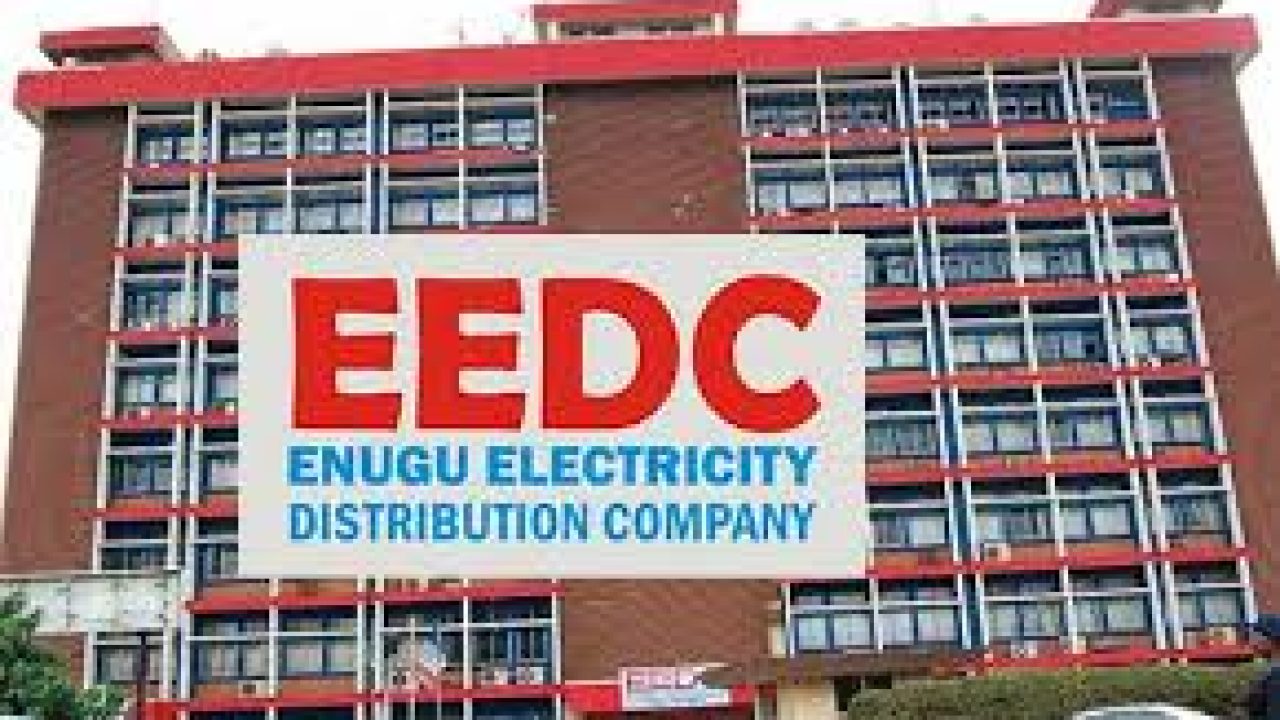Residents of Enugu State have been facing widespread blackouts following a significant reduction in electricity supply by the Enugu Electricity Distribution Company (EEDC).
The cut comes in response to a tariff slash mandated by the Enugu State Electricity Regulatory Commission (EERC).

Effective August 1, 2025, the tariff for Band A customers was reduced from approximately ₦209/kWh to ₦160/kWh. This measure, according to EERC, aimed to make electricity more affordable for residents.
However, the tariff cut has reportedly led to a monthly loss exceeding ₦1 billion for EEDC. In reaction, EEDC reduced the volume of power supplied to its downstream partner, Mainpower Electricity Distribution Limited (MEDL), by 50 percent.
MEDL confirmed the development in a public statement issued on Monday. It explained that the energy cut has significantly affected its ability to serve customers, particularly those in areas like Ogui Layout – classified as Band A – who have endured outages since last week.
According to MEDL, the power supply reduction stems directly from the financial impact of the new tariff.
The company emphasized that it does not receive electricity directly from the national grid but instead relies on EEDC, which holds the vesting contract with the Nigerian Bulk Electricity Trading Company (NBET).
“We deeply regret the inconvenience caused to our valued customers,” MEDL stated.
“We are hopeful that a resolution will be reached within the next 48 hours or soon thereafter.”
The company noted that communication delays were due to the late receipt of full details surrounding the supply cut.
Meanwhile, talks are ongoing between key stakeholders – including EEDC, EERC, NERC, NBET, and the National Independent System Operator (NISO) – to resolve the crisis.
The EERC’s July directive reducing the Band A tariff was described as a cost-reflective decision based on the 2024 Tariff Methodology Regulations. It was intended to align with federal power subsidies and constitutional reforms that grant states regulatory autonomy over electricity.
However, the tariff slash sparked fierce backlash across the sector. Distribution and generation companies, alongside the Association of Nigerian Electricity Distributors (ANED) and the Association of Power Generating Companies, warned that the measure would hurt the industry’s financial viability and deter investment.
The Minister of Power, Adebayo Adelabu, voiced opposition to the tariff reduction, emphasizing that the federal government does not support blanket removal of electricity subsidies by individual states.
The Nigerian Electricity Regulatory Commission (NERC) also rejected EERC’s unilateral move, describing it as “unsustainable” and “outside the state’s jurisdiction.”
NERC stressed that although the Electricity Act grants states some autonomy, it does not allow them to override national market structures or set tariffs for electricity sourced from the national grid.
